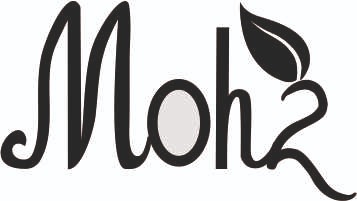What exactly is an essay? Essays are a unique piece of writing that expresses the writer’s viewpoint. However, the definition can be quite broad and include the entirety of a newspaper or magazine. Essays have long been thought of as formal and personal, as they are academic. Encyclopaedic is frequently employed to describe essays.
One of the main purposes of essays is to engage with the reader. The essay might ask the reader to express a view on a topic, provide information, or respond to a question. These essays, and many other types of written work, often times written to be performed or as a class assignment. The purpose of an essay is to either inform or entertain the reader or both, whichever is appropriate to the subject the essay is addressing. Of course, the student should follow the guidelines provided by the school concerning the format of the essay, and that includes the use of correct grammar and spelling when compiling an essay.
One kind of essay is the narrative, sometimes referred to as a personal essay. The type of essay consists of two major components: the principal body, and the details supporting it. These are typically the concluding and case studies. However, these can differ depending on the kind of essay. Narrative essays often use personal experiences, observations, and observation. A narrative essay is a story about an individual or event that is closely related to the author. Another instance is the personal or one-anecdotal essay. This essay uses only the writings of the writer (e.g., a diary or a collection).
The descriptive essay is one of the most frequently used types of essays that students are taught in English composition classes. These essays make use of the analogy of comparing and contrast objects or objects that are related to one the other, for example, a set or kitchen utensils or a set or bedroom furniture. If you’re writing about bedroom furniture, you might use the analogy of a car’s engine. This type of essay requires a sharp eye for detail, and sometimes even accuracy, particularly because you are sharing information about items that you wouldn’t normally consider discussing in an academic writing setting.
Another common type of essay is the textual analysis essay. These essays stress the importance and use of interpretation techniques to discern the meaning of the text. Students will be expected to examine various literary works, mostly of the Gothic genre to determine their general subject or purpose. Textual analysis essays require that you interpret a work of literature to come to an understanding of the authors’ intentions. Certain assignments require you to look at the text in detail, while others rely on clues found in the text to discover general characteristics or meanings. But all texts need certain features that make them distinctive and allow them to stand out from other texts.
Persuasive essays are the third most popular kind of essay. Persuasive essays defend a point of view, using either emotional or logic to support of their assertions. In a persuasive essay you must show why you are right and prove your opponent wrong. You can make use of reasoning, analogy, anecdotal evidence or any other way to back your arguments in an argumentative essay. A descriptive essay however is based on the use of natural language to describe the story of a person or describe an object or even describe free grammar check an idea.
Argumentative essays are a popular type of writing. Argument essays involve a person’s opinions or beliefs on an issue. The writer may use words such as “It’s true” to express his/her opinion about a particular topic. A descriptive essay is composed of simple words and phrases in an attempt to give a simple meaning to a complex subject. Both kinds run on sentence fixer of essays have pros and pros and. However, each has its place in literature.
Rhetorical analysis essays analyze the specific circumstances in which something happened. The writer will analyze an event, situation or event within the framework of the given in order to determine how the author may have responded or behave in similar circumstances in the past. If you are reading a novel of the past and you come across someone who is only interested in blaming another character for a particular argument, you may conclude that the author might have criticized a character for having a different view. This type of essay heavily relies on rhetorical methods to make its point.
